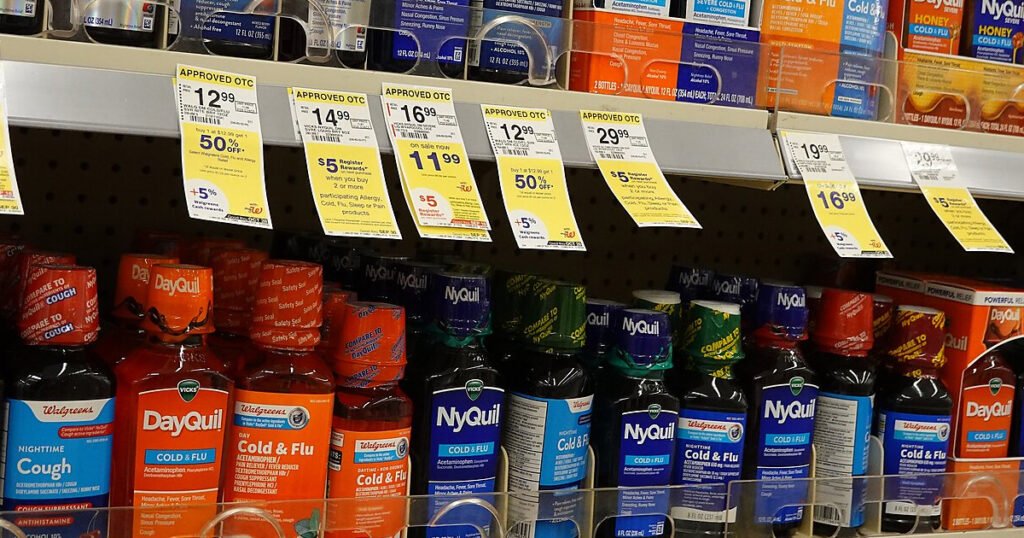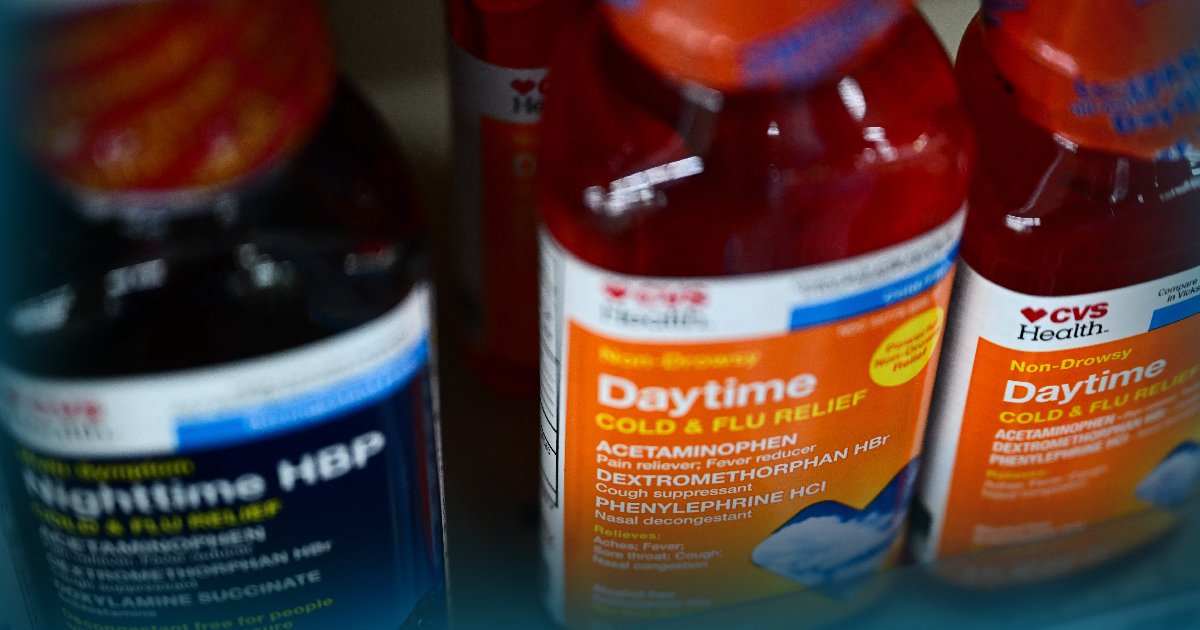As the fall season approaches, pharmacies face a slew of issues, just in time for the cold and flu season. The first challenge is work. CVS and Walgreens pharmacy employees have previously gone off the job in outrage at working conditions. The Food and Drug Administration (FDA) has determined one of the big chain pharmacies’ bestselling products to be ineffective, prompting CVS to take it off the market. Here’s what you should know.
Health regulators in the United States have ruled that phenylephrine does not function to clear congested nostrils, and the consequence is now being felt on the shelves of pharmacies. In other news, GoodRx Holdings will sell Sanofi’s most common prescription insulin, Lantus, for $35 per month.
The FDA released the findings of its inquiry into the efficacy of oral phenylephrine in September. Phenylephrine is a drug used to treat specific cold and flu symptoms, such as a stuffy nose and the sensation of plugged ears and sinuses. The only issue with the drug is that the FDA determined that the oral form is ineffective.
So cold medicine doesn’t work against symptoms? Not quite. Not all cold remedies are based on or only contain oral NeoSynephrine. The FDA discovered that drugs containing solely phenylephrine are inefficient at curing cold and flu symptoms.
The FDA only looked at oral phenylephrine therapy and discovered it to be ineffective. The regulatory agency stated that any measures taken for phenylephrine in swallowed products will not affect phenylephrine-containing nasal sprays. In other words, the FDA’s decision had no bearing on the nasal spray version of the medication’s efficacy.

The FDA states that if a product contains oral phenylephrine as well as other drugs to address additional symptoms, the other treatments remain effective. Consumers should also be aware that certain products solely contain phenylephrine, according to the agency.
Phenylephrine Contain
Other medications contain phenylephrine as well as another active component (e.g., acetaminophen or ibuprofen) that treats indications other than congestion, such as headaches or muscle aches, and the presence of phenylephrine in these items has no effect on how the other ingredients that are active treat those symptoms.
A suggested amount appears to be absolutely safe—it’s just ineffective at combating cold and flu symptoms. According to the FDA, neither the FDA nor the committee raised any worries about the safety of using oral phenylephrine at the dose that was suggested.
Why is CVS discontinuing oral phenylephrine cold medications?
The corporation appears to be taking the initiative. The FDA has not yet ordered that oral phenylephrine cold medications be removed from store shelves. However, it is a positive step for the consumer because CVS does not appear to be willing to sell them an ineffective cure. It should be emphasized that CVS is only withdrawing cold drugs that contain solely oral phenylephrine as the active ingredient.
Responding to a request for comment, Walgreens stated, We are closely tracking the circumstances and actively working with the Walgreens Office of Clinical Integrity and vendors on the necessary next steps. Fast Company also contacted Rite Aid and will update this piece if we receive a response.
If the FDA requires pharmacies to withdraw oral NeoSynephrine medications, the reason for this is that cold and flu season has arrived, and according to CNBC, 242 million bottles of phenylephrine-containing medications were sold last year, generating $1.8 billion in sales.
The production and distribution of medications account for around one-third of the worldwide healthcare industry’s greenhouse gas emissions. However, Western businesses warn that it will be difficult to reduce that number without changing the way these pharmaceuticals are created and regulated.
Pharmaceutical businesses that have promised to reduce their environmental impact in the next few years say the primary hurdles stem from pollution in their supply chains and how patients use certain of their products. These so-called Scope 3 emissions are often the most difficult to control because the production of medications is dependent on a broad network of external vendors and energy-intensive chemical procedures.
Also Read: Lung Cancer is More Diagnosed in Women than Men, a Puzzle for Experts


Leave a Reply